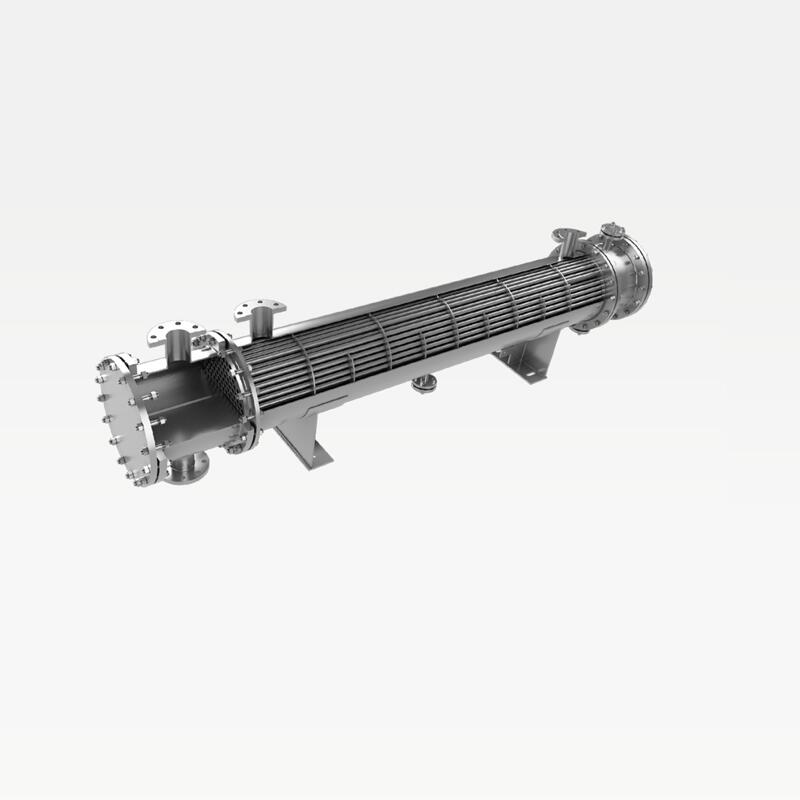-
Categories
-
Pharmaceutical Intermediates
-
Active Pharmaceutical Ingredients
-
Food Additives
- Industrial Coatings
- Agrochemicals
- Dyes and Pigments
- Surfactant
- Flavors and Fragrances
- Chemical Reagents
- Catalyst and Auxiliary
- Natural Products
- Inorganic Chemistry
-
Organic Chemistry
-
Biochemical Engineering
- Analytical Chemistry
-
Cosmetic Ingredient
- Water Treatment Chemical
-
Pharmaceutical Intermediates
Promotion
ECHEMI Mall
Wholesale
Weekly Price
Exhibition
News
-
Trade Service
Original Source: People's Daily
Core reading
The construction of a carbon emission trading market is a major measure to use market mechanisms to control and reduce greenhouse gas emissions.
The latest "2021 Global Carbon Market Progress Report" released by the International Carbon Action Partnership pointed out that during the epidemic prevention and control period, the global carbon emissions trading market (referred to as the carbon market) showed resilience.
The trading mechanism is improving day by day
In 1997, the "Kyoto Protocol" first proposed the market mechanism as a new way to solve the problem of greenhouse gas emission reduction.
Since 2011, China has carried out carbon emission trading pilot projects in 7 places including Beijing, Tianjin, Shanghai and Chongqing, which has accumulated experience for the construction of the national carbon market.
The EU carbon emissions trading system began operation in January 2005, including all member states as well as Norway, Iceland and Liechtenstein, covering approximately 45% of the region’s greenhouse gas emissions, involving more than 11,000 energy-intensive companies and aviation operators.
In 2020, the US auto company Tesla sold carbon emission credits and received US$1.
South Korea began to implement a greenhouse gas emission trading system in 2015.
Help achieve energy saving and emission reduction
In the past year, many countries and regions put forward carbon neutral goals, linking economic recovery with low-carbon development.
In 2019, the emissions covered by the EU carbon emissions trading system fell by 9.
The US think tank "Climate Exchange Education and Research Center" believes that California's carbon emissions trading system brings many benefits, reducing greenhouse gas emissions, improving local air quality, and maintaining public health.
Korea's greenhouse gas emission trading system has forced relevant entities to save energy and reduce emissions, and the effect is beginning to show.
Continue to promote market development
The International Carbon Action Partnership report shows that by the end of 2020, the carbon market prices in the EU, New Zealand, and North America have all increased compared with the beginning of the year, showing the strong resilience of the carbon market.
The Ministry of Ecology and Environment of China recently stated that it will focus on completing the first compliance cycle of the national carbon market and take the lead in conducting transactions across the country with the power generation industry as a breakthrough.
Beginning in 2021, the EU carbon emissions trading system has entered the fourth stage, covering energy-intensive industries such as the power and heating sector to the aviation industry, and may continue to expand to the construction and transportation industries in the future; the types of greenhouse gases will change from a single Carbon dioxide emissions have been extended to nitrous oxide and perfluorocarbons; the allocation mechanism for carbon emission allowances has gradually shifted from free distribution to auctions.
In January of this year, the California carbon market legislation amendment came into effect, including adjustments to the quota price control mechanism and a greater reduction in total emissions before 2030.
In 2021, South Korea’s greenhouse gas emission rights trading will enter the third phase, with stricter emission caps implemented, and the proportion of paid allowances increased to 10%, and the coverage of industries will continue to expand.
A reasonable carbon price is a necessary way to achieve climate goals.
The European energy think tank "Energy Transition Forum" report stated that in order to ensure fairness, policymakers must consider the impact of excessively rapid increases in carbon prices and avoid placing a heavy burden on some industries.
Patrick Gretchen, executive director of the agency, said that only by taking into account environmental and social equity can we more effectively achieve climate goals.







